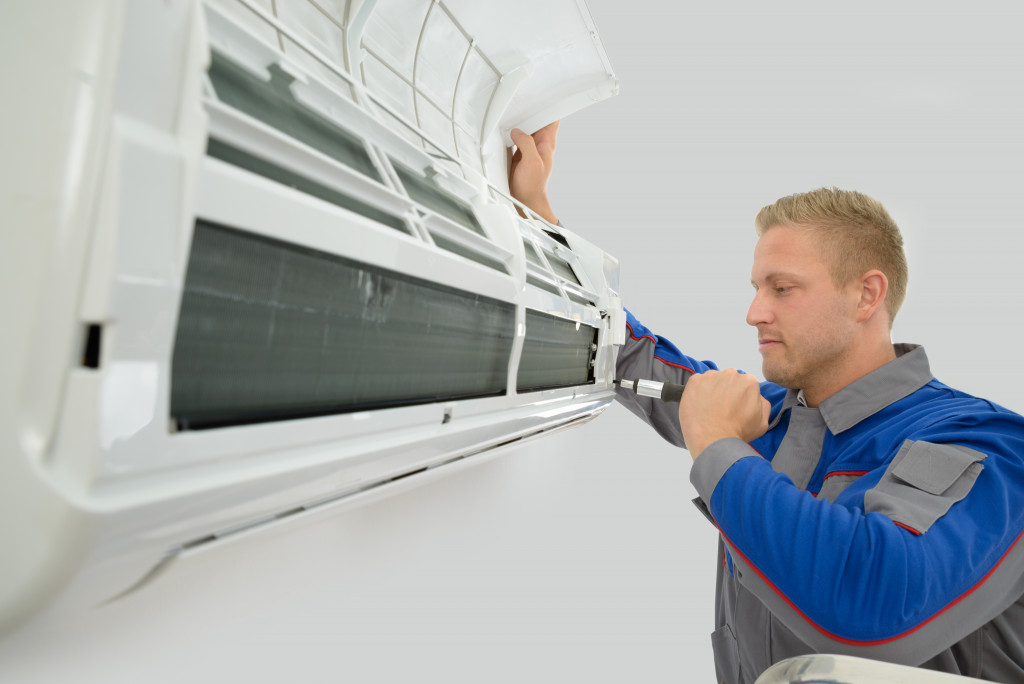Dry winter air and heated homes are deadly, especially for the elderly, children, and those with respiratory problems. According to the CDC, over 25 million people in the United States have asthma. In addition, dry air can cause other respiratory problems, skin irritations, and static shocks. If you have ever experienced any of these problems, you know how uncomfortable they can be. But did you know dry air can also lead to serious health problems? Here are five ways in which moist indoor air threatens your life:
1. Respiratory Problems
When the air in your home is too humid, it becomes a breeding ground for mold, mildew, and other harmful airborne pathogens. These pollutants can cause various respiratory problems, including asthma attacks, bronchitis, and lung infections.
In some cases, they can also trigger an allergic reaction. If you or someone in your family suffers from respiratory problems, keeping the air in your home as clean and dry as possible is essential. There are several ways to do this, including using a dehumidifier or opening windows on dry days.
While it may sound counterintuitive, removing excess trees or trimming them can help reduce moisture in the air. By cutting down trees, we reduce the amount of water vapor released into the atmosphere. This, in turn, helps to keep our homes and offices drier and healthier.
If you are experiencing too much moisture in your house, you can hire tree-cutting services to eliminate excess trees around your home. Hire a service provider with a pool of experts who can cut down trees without damaging your property. And the best way to do that is by hiring only certified arborists.
2. Skin Problems
Poor indoor air quality can cause various health problems, including skin irritation. While there are many potential sources of indoor air pollution, one of the most common is moisture. In addition to being unsightly, these fungi can release spores into the air that can cause skin irritation, respiratory problems, and other health issues.
Fortunately, you can take a few simple steps to reduce the moisture in your home and improve your indoor air quality. These include ventilating rooms where moisture is likely to build up (such as kitchens and bathrooms), using a dehumidifier, and keeping an eye on your home’s ventilation system.

3. Furniture Damage
Your air conditioner works hard to keep your house cool but also removes humidity from the air. This can create a problem indoors because the lack of moisture can make the air feel dry. The dry air pulls moisture from anything it comes into contact with, including your furniture.
Over time, this can damage your furniture and make it more susceptible to pests like dust mites. To protect your furniture and your family’s health, it’s important to maintain a healthy humidity level in your home. There are several ways to do this, such as using a humidifier or placing water bowls around your home.
4. Allergies
Allergies are the number one cause of chronic illness in the United States, and they’re on the rise. According to a study Asthma and Allergy Foundation of America, nearly 50 million Americans suffer from allergies, which is only increasing. And while many things can cause allergies, moist indoor air is one of the most common triggers.
Dust mites, mold, and other allergens thrive in damp environments, and when the air in your home is moist, these allergens can quickly spread throughout your home, causing sneezing, wheezing, and other symptoms. If you or your family suffer from allergies, it’s important to reduce moisture in your indoor air.
5. Cold and Flu
Moist indoor air is one of the leading causes of colds and flu. The problem is twofold: first, moisture itself is a breeding ground for bacteria and viruses, which are then easily inhaled; and second, dry air allows these same bacteria and viruses to remain airborne for longer periods, increasing the chances that they will be inhaled.
Of course, installing a whole-house humidifier is the best way to protect your family from the dangers of moist indoor air. These devices add moisture to the air as it circulates through your home’s HVAC system, keeping the air at a comfortable humidity level.
Moist indoor air is essential for your health and your family’s health. If you live in a dry climate, it is important to use a humidifier to keep the air moist. In addition, you should take steps to prevent static electricity by using rugs and mats. And finally, you should take measures to prevent mold and mildew by keeping the indoor air moist.

